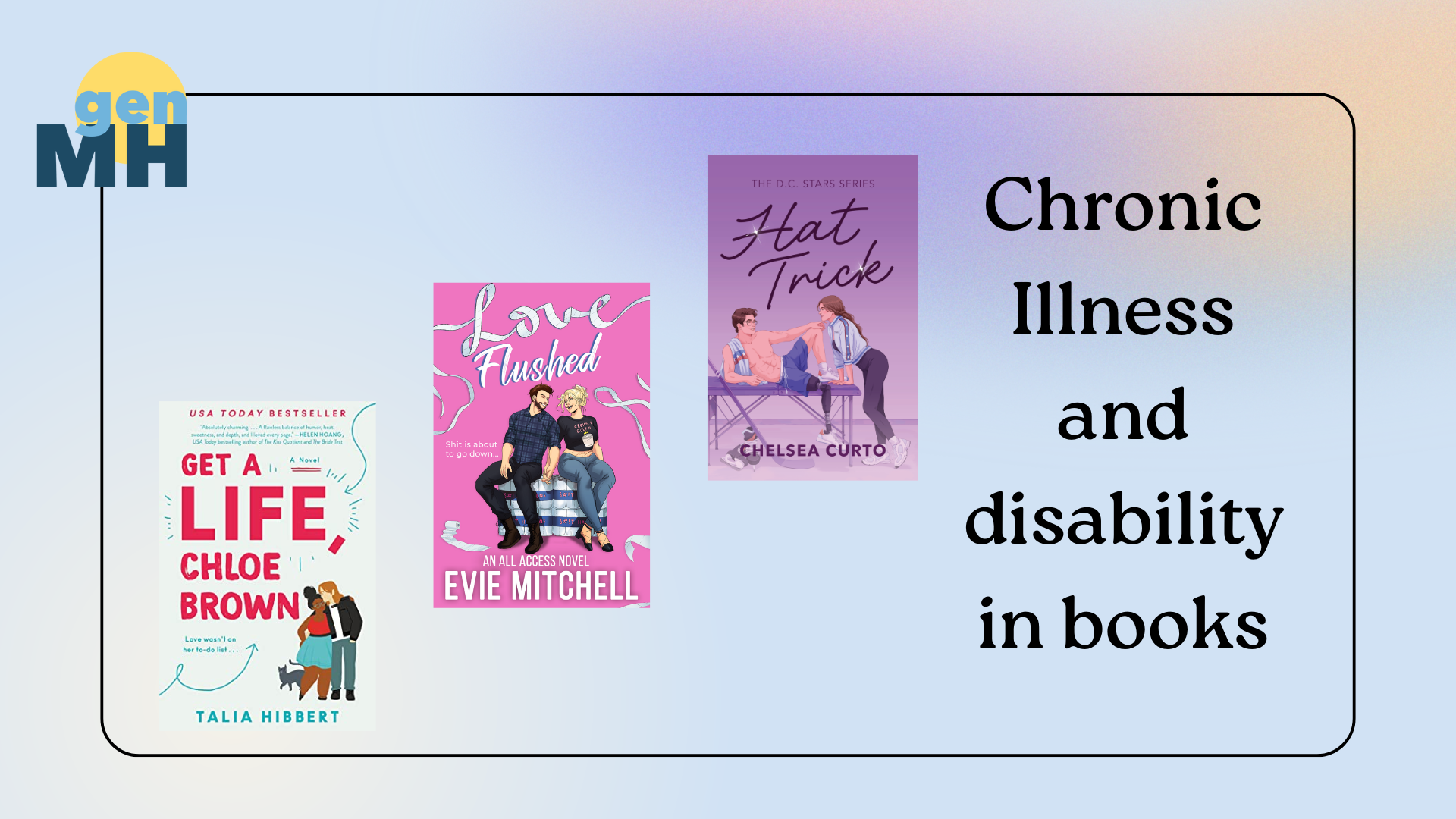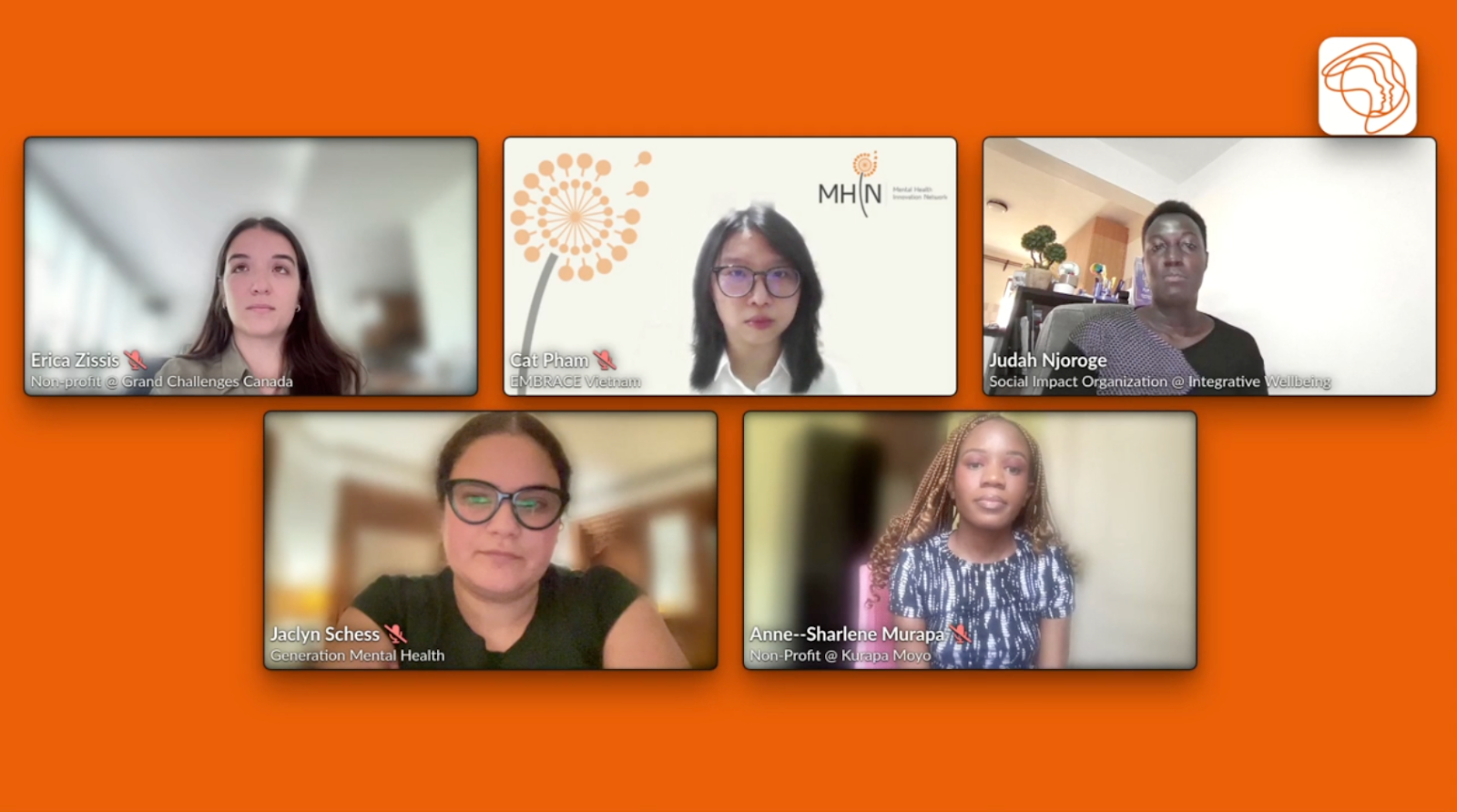The mental health and service user experience during COVID19: From personal to professional disaster
I write alongside my heater in the lounge room as the weather reaches 8 degrees centigrade on a dreary and rainy winter like day in Melbourne, Australia. Working from home has been a struggle, as I gather myself into some sort of routine by going for a walk, showering and setting up my laptop in an area well insulated in my flat. My housemates are either working night shift at the hospital attending to COVID19 demands or have gone home to their families in the country side due to quarantine restrictions. I have lost a sense of purpose during this time experiencing collective and global anxiety, given the world has lost its way forward as it responds to crisis without forethought about how the world will look when this global health crisis subsides.
Recently, I lost my sessional academic role teaching social work. This was due to student enrolments decreasing as a result of COVID19. Sadly, there no support from the federal government in job seeker payments, which is an injustice for 70% of the higher education workforce who are causal in Australia. However, I applied to access my superannuation early due to losing more than 20% of my income which was a federal government initiative. Our financial health has taken a battering during the collapse of materialism and a false economy founded on debt and Capitalist sentiment.
Fortunately, I continue to work as a mental health clinician in government department alongside veterans and their families who need support via tele-health. Sharing common and collective concerns over the phone with people has been an empathic unifier as people I partner alongside as a clinician self-manage expectations about timelines and ask you how you are going as a clinician? What a change.
However, working from home has been difficult, given I am battling with my own experiences of anxiety, mood fluctuations and thought disturbances with a diagnosis of Bipolar Affective Disorder as defined by Psychiatry. It can be difficult battling with others' inner demons when you are experiencing a similar phenomenon.
The mental health system and its broader intersections with health, education, employment, income security, housing and disability has not been able to cope with the demand and many of us accessing services have felt let down in not attending to our complex grief, loss and trauma. Alongside our formal support system, we have seen the collapse of our informal support system as there has been significant family and relationship conflict due to the physical distancing and quarantine sanctions resulting in a relationship breakdowns and discord. Now to deal with my grief without adequate supports.
The most devastating impact on my mental health has been witness to humanities greed and we have seen this in privileged individuals accessing essentials goods and services in supermarkets, those same individuals not complying to public health advice in physical distancing and quarantining and privatised companies monetising mental health and other services for the betterment and gain of personal greed than the contribution to us as human beings.
Despite COVID19’s detrimental impact on my mental health, I have been able to build inner resilience, and sit with my emotions and critical reflections. I have gained a greater sense of self in solitude and am thankful for the positive changes in human behaviour resulting in a more sustainable and just world. We are more than what we produce and consume.
COVID19 has not been all that bad. But we have had to sacrifice for great change in how we live, breath and sustain our Earth and human species.
By Matthew Jackman
Service User and Mad Studies Academic, Victoria University
Western Pacific Regional Representative, Global Mental Health Peer Network
Get in touch with me @
- Global Mental Health Peer Network
- Whatsapp: +61449957376
Read more from Matt here .




